As British Columbia heads closer to an election this October, its premier is reaching out to the construction industry to assure them he has their back.
joined (VRCA) president Jeannine Martin for the associationŌĆÖs Construction Conversations event held recently in downtown Vancouver.
Eby stressed the B.C. construction industry is top of mind for him and his government as both face multiple challenges.
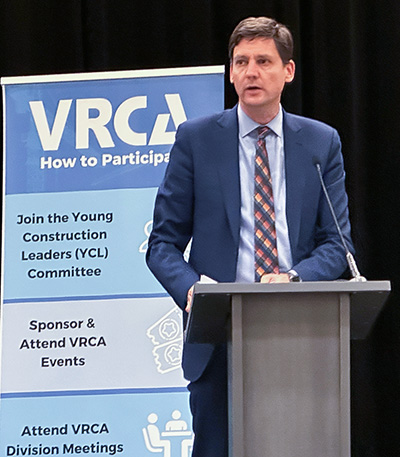
ŌĆ£Our overarching philosophy is that the people in this room and governments are the same,ŌĆØ Eby said at the start of his address. ŌĆ£We want people to be able to build a decent life in B.C., have a decent home. We want them to have a strong community with strong services. All that requires physical spaces, homes and buildings to make it happen, both private and public sector.ŌĆØ
The government has made a commitment to build more homes faster, he added, and ŌĆ£in terms of the pieces that the provincial government is in control of, we are putting in place the conditions to be able to achieve that.ŌĆØ
Eby also highlighted high population growth, pointing out the current rate of new arrivals to B.C. is unprecedented in 30 years of tracking population data, with 350,000 people moving to the provinces in the last 36 months.┬Ā
ŌĆ£That huge demand of people showing up first of all is part of the solution to some of the challenges we face around jobs that need people, but itŌĆÖs also part of the challenge itself,ŌĆØ Eby said. ŌĆ£Our province has very little choice but to build. So build we are.ŌĆØ
Construction industry awareness ŌĆśa very solvable problemŌĆÖ
Eby also thanked provincial construction associations for promoting the trades to students and said there are a record number of apprentices in B.C. at present with the biggest year-over-year growth in apprentices in a generation this year.
ŌĆ£We put $100 million into for almost 50 different Red Seal programs across the province. We know we have more to do, but weŌĆÖre targeting our provincial nominee program to a skilled trade immigration stream with about 8,000 spacesŌĆ”and making sure people can come and get to work right away, (which is) critically important,ŌĆØ he said.
He added the province wants to retain those already working in construction and cited the program as allowing workers to stay at their jobs while upgrading skills with short duration courses.
In a question-and-answer session with Martin after his address, Martin said despite comprising around 10 per cent of provincial GDP, construction sometimes ŌĆ£flies under the radarŌĆØ in terms of awareness.
Eby replied no matter which ideology, a politicianŌĆÖs stand on construction issues has to be front of mind to answer current challenges.
ŌĆ£The need for skilled workers, the need for construction with a huge number of different projects is very profound. We need more space on the road, more transit, more schools. ItŌĆÖs difficult to meet because the constraint is the size of the industry, the number of workers and the number of firms who can bid on jobs,ŌĆØ he said.
Greater public awareness of constructionŌĆÖs role would positively impact the greater economy, Eby said. ┬Ā
ŌĆ£ThereŌĆÖs an opportunity for the industry to be more front and centre in terms of the understanding that it is a massive piece of the provincial economy. The sole constraint on it being an even bigger influence on our growth and our prosperity is the knowledge British Columbians have about the industry and the opportunities that are there, which feels like a very solvable problem that would result in a major economic impact,ŌĆØ he said.
B.C. prompt payment: ŌĆśWeŌĆÖll keep the conversation goingŌĆÖ
In opening remarks introducing the premier president Chris Atchison raised the issue of prompt payment legislation, which while in force for federal projects and in other provinces such as Ontario, Saskatchewan and Alberta has not yet been introduced in B.C.
Eby reassured both Atchison and the audience that the province is listening and preparing to take action in the near future.
ŌĆ£ItŌĆÖs not going to be this legislative session obviously, but we are working on our platform going into the election. I want to say that one of our reasons for hesitating early on with prompt payment was a couple of pieces, (one of which) was the requirement to establish a new tribunal in the province, which we have a lot ofŌĆ”and we were in a process of consolidating tribunals, not adding new ones,ŌĆØ he said.
ŌĆ£The second piece was Ontario had just introduced their legislation and we thought, ŌĆśletŌĆÖs see how it goesŌĆÖ as we didnŌĆÖt want to repeat any mistakes Ontario might make. Now weŌĆÖve had some time with Ontario (having prompt payment) under their belt, weŌĆÖve done our restructuring of the tribunal sector and I think thereŌĆÖs a good opportunity and weŌĆÖll keep the conversation going.ŌĆØ


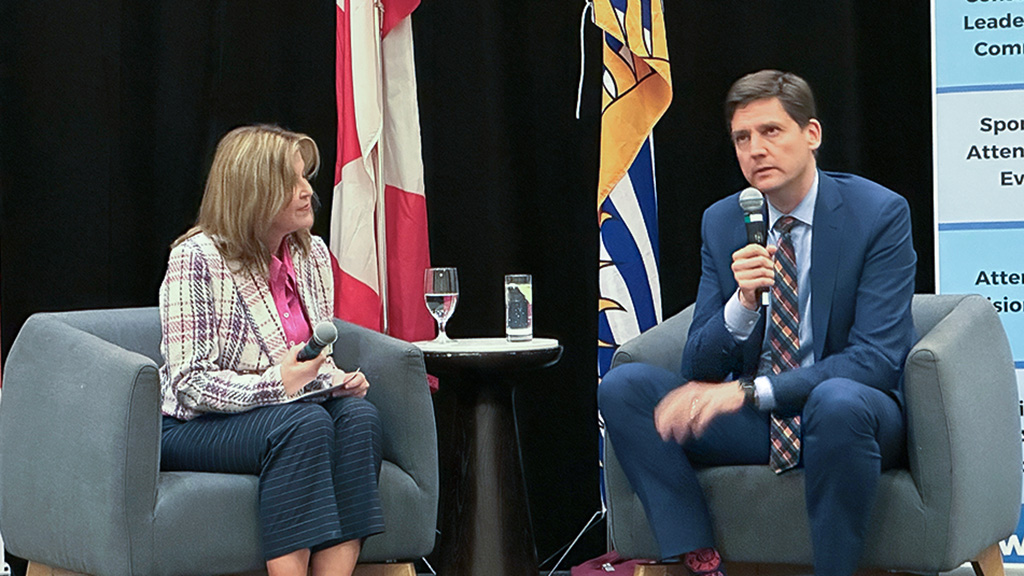

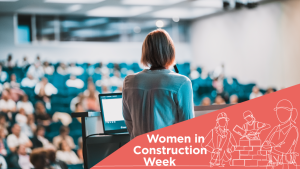
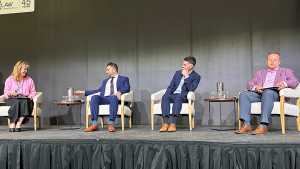



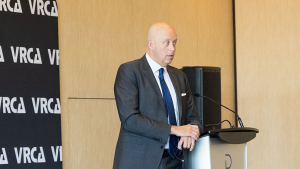
Recent Comments
comments for this post are closed